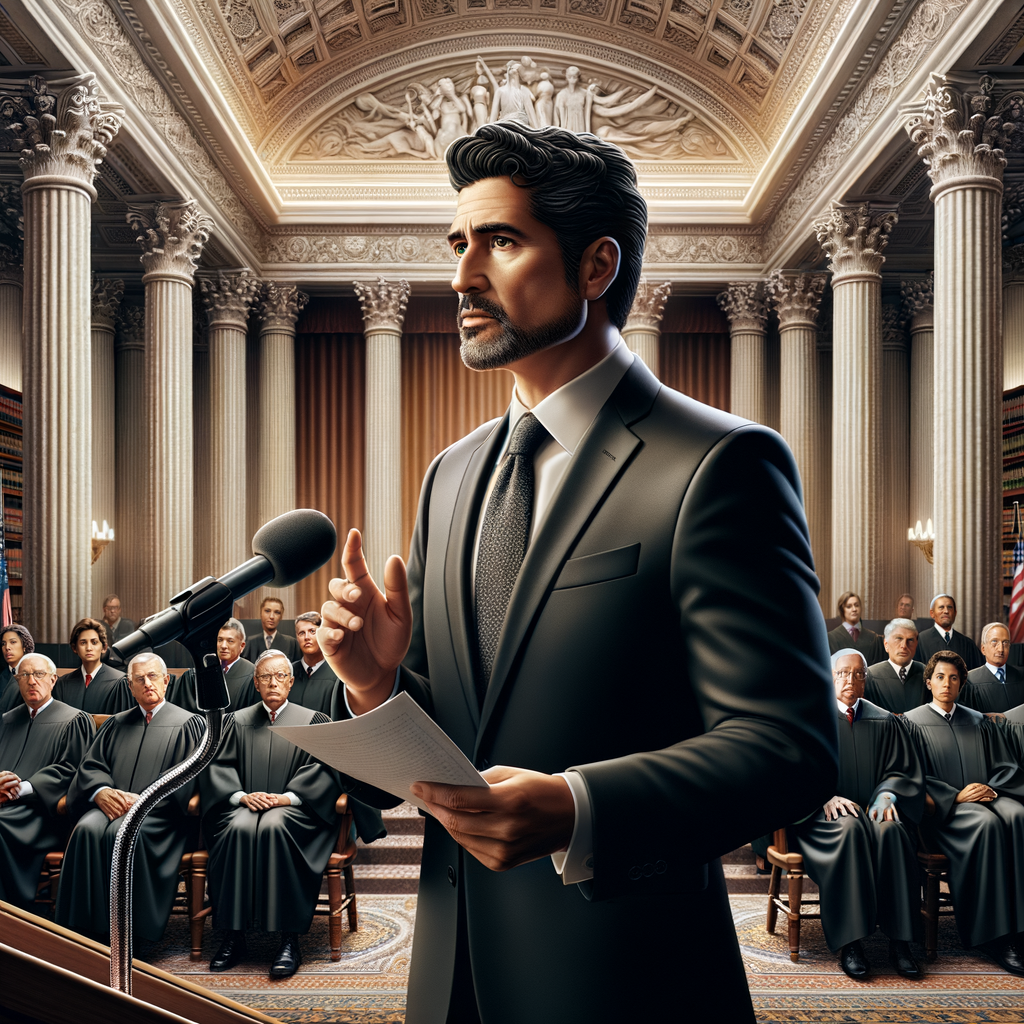Brief Summary (IRAC Pattern)
Issue: The issue in Loving v. Virginia was whether Virginia’s statutory scheme banning interracial marriages violated the Equal Protection and Due Process Clauses of the Fourteenth Amendment.
Rule: Anti-miscegenation laws, which prohibit interracial marriage, are unconstitutional. The Equal Protection Clause requires that laws treat all persons equally, and the Due Process Clause ensures that fundamental rights, such as the right to marry, cannot be restricted by the states without a compelling interest.
Application: The Supreme Court held that the Virginia law had no legitimate purpose “independent of invidious racial discrimination.” The Court found that the law violated both the Equal Protection Clause—because it classified on the basis of race—and the Due Process Clause—because it infringed on a fundamental right without any compelling justification.
Conclusion: The Supreme Court declared Virginia’s anti-miscegenation statute unconstitutional, thus invalidating all race-based restrictions on marriage across the United States.
Detailed IRAC Outline
Issue
- Whether Virginia’s laws prohibiting interracial marriage violate the Fourteenth Amendment’s Equal Protection and Due Process Clauses.
Rule
- The Fourteenth Amendment’s Equal Protection Clause prohibits states from denying any person within its jurisdiction the equal protection of the laws.
- The Due Process Clause of the Fourteenth Amendment provides that no state shall deprive any person of life, liberty, or property without due process of law, which includes certain fundamental rights, such as the right to marry.
Application
Background
- Mildred Jeter, a black woman, and Richard Loving, a white man, were married in Washington, D.C., and returned to Virginia, where they were charged with violating the state’s anti-miscegenation statute.
- They were convicted and sentenced to one year in jail, which was suspended on the condition that they leave Virginia and not return together for 25 years.
Legal Analysis
- The Court examined the historical context and purpose of anti-miscegenation statutes and concluded that they were rooted in white supremacy and designed to maintain racial purity.
- The state argued that the law applied equally to both white and black individuals, thus it did not violate the Equal Protection Clause. The Court rejected this argument, stating that equal application does not negate the discriminatory intent or impact of a law.
- The Court found that the Virginia law infringed upon the fundamental right to marry. Under the Due Process Clause, any law restricting a fundamental right must be justified by a compelling state interest and must be narrowly tailored to achieve that interest.
- The Court held that there was no legitimate overriding purpose justifying the law’s racial discrimination. The mere preservation of racial integrity was not a legitimate state interest that could justify the violation of the Equal Protection Clause or infringe upon the fundamental freedom to marry.
Comparison to Other Cases
- The Court referenced its previous decision in Skinner v. Oklahoma, which recognized marriage as one of the vital personal rights essential to the orderly pursuit of happiness.
- The decision also compared the anti-miscegenation statutes to the invalidated “separate but equal” doctrine from Brown v. Board of Education, highlighting a shift away from laws that enforce racial discrimination.
Conclusion
- The Court concluded that Virginia’s anti-miscegenation laws unconstitutionally restricted the freedom to marry and the Equal Protection Clause of the Fourteenth Amendment. The Lovings’ convictions were overturned, and the judgment invalidated all state laws prohibiting interracial marriage.
Post-Case Notes
- Loving v. Virginia is a landmark decision that is often cited in subsequent cases involving marriage rights and equal protection, including same-sex marriage cases.
- The ruling has had a profound impact on civil rights law and continues to serve as a significant precedent for cases involving the intersection of race, equality, and personal liberties.
